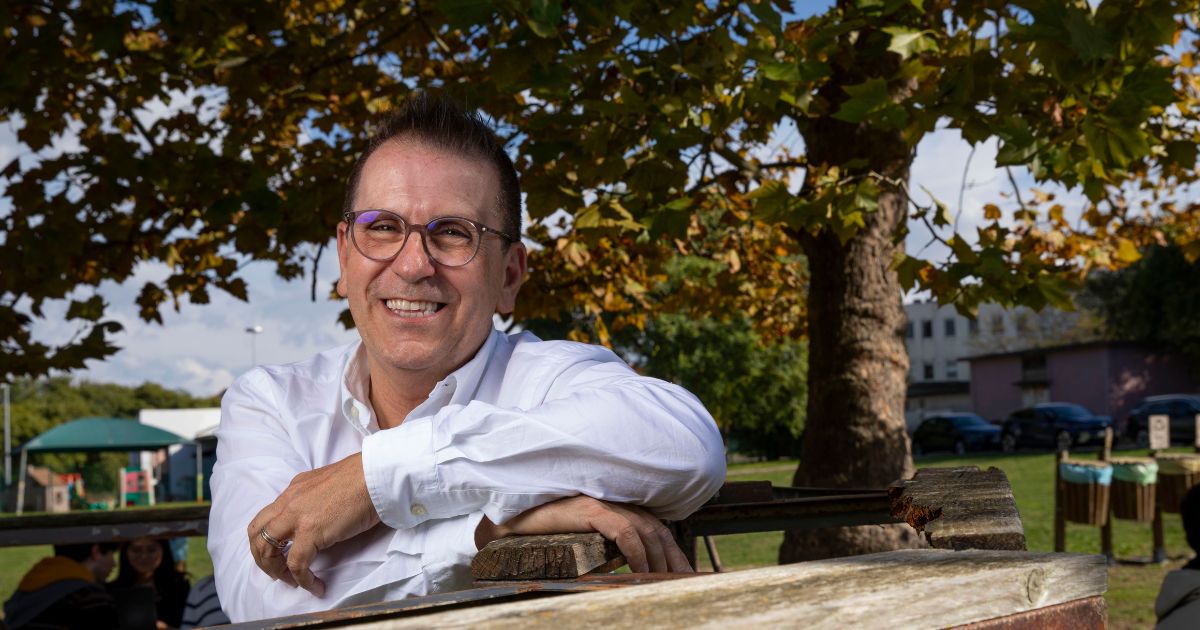José Carlos Ferreira takes part in the Biosfera program on urbanism
José Carlos Ferreira, a researcher at MARE - the Center for Marine and Environmental Sciences - was one of the guest experts on the latest episode of RTP's Biosfera program, entitled Revolutionary Urbanism. The episode focused on the challenges and solutions for making Portuguese cities more inclusive, resilient and ecological, at a time when the effects of climate change and demographic pressure make it increasingly urgent to rethink urban space.
Currently, 74% of the Portuguese population lives in predominantly urban areas, spread over 159 cities. Many of these grew without proper planning and today face problems such as a lack of green spaces, excessive traffic, the risk of flooding and thermal discomfort in homes. In Lisbon alone, it is estimated that more than 130,000 people will be particularly vulnerable to extreme heat in the summer months.
During the programme, José Carlos Ferreira argued that one of the keys to more sustainable cities is the reorganization of the territory and the enhancement of green infrastructures. For the researcher, the decentralization of work is essential, a phenomenon that also includes the adoption of remote working. “When I talk about decentralization, I'm also talking about remote working, and then there's also the question of reorganizing our neighbourhoods so that we have these services again.”
Another solution could also be to reduce the space dedicated to individual transportation, which competes directly with the city. "We have less space for individual transportation, for example. With less space for individual transportation, which is the city's main competitor, we have more free space for other functions," he explains.
The researcher also warned of the impacts of climate change on urban areas, namely the increase in so-called “tropical nights”, when the temperature doesn't drop below 20ºC. "This is very worrying, because it shows a major trend of change in temperature increase. What is the main problem? Our cities are not prepared for this increase because most of the buildings are not adapted to this type of climate," he explains. "Climate change has a very broad back. What we really have is a serious land-use planning problem. Our territory is disorganized and unsuited to everything. What has climate change done? Putting a spotlight on it"
One of the positive examples mentioned in the program was the case of Setúbal, where the Municipal Master Plan (PDM) defined that some areas at risk of flooding should be preserved as green areas. Instead of building, these areas have come to perform important ecological functions, as in the case of the Livramento retention basin.
"This basin covers almost 100 hectares, in a central area with great real estate value. But because of the risk of flooding, it has been earmarked for functions that are compatible with the presence of water. The water can remain there for months without causing problems for the city, draining slowly into the River Sado. In addition, these infrastructures provide essential services: they regulate water, help control the urban climate, increase evapotranspiration and create biodiversity habitats."
José Carlos Ferreira concluded by stressing the importance of a change in mentality: "We have to have an education that is closer to nature. We have to start realizing that nature is important in cities."
With contributions like José Carlos Ferreira's, the Revolutionary Urbanism episode showed how it is possible to transform Portuguese cities into more balanced, liveable spaces that are prepared for the challenges of the future.
Watch the episode HERE
Written by Patrícia Carvalho
